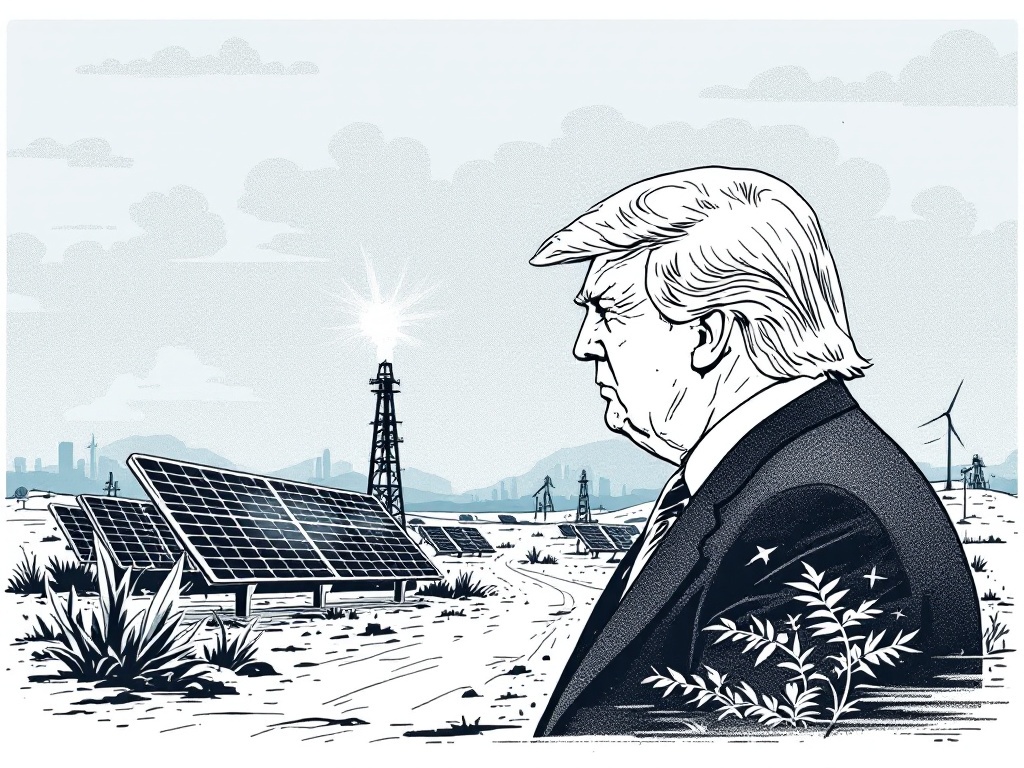Trump Administration's Energy Policy Shift Sparks Economic Debate

Washington D.C., Friday, 17 January 2025.
The incoming Trump administration in 2025 is expected to revise energy policies, potentially reducing Inflation Reduction Act benefits, affecting Republican states that previously benefited.
Immediate Policy Changes Ahead
President-elect Donald Trump’s administration is set to implement significant energy policy changes starting January 20, 2025 [1][3]. The incoming administration has announced plans to sign up to 100 executive orders on its first day [6], with key nominees Chris Wright for Energy Secretary and Doug Burgum for Interior Secretary preparing to lead these transformative efforts [5][6]. Wright, during his January 14, 2025 confirmation hearing, acknowledged climate change while emphasizing an ‘all-of-the-above’ energy approach [5], stating ‘There isn’t dirty energy or clean energy. Rather, there are different sources of energy with different tradeoffs’ [5].
IRA Benefits Under Scrutiny
A central focus of the incoming administration’s agenda is the modification of the Inflation Reduction Act (IRA). Nearly half of the $105 billion allocated for climate grant programs under the IRA has already been distributed [3], creating a complex situation for states that have benefited from these investments. For instance, Texas is projected to see household energy cost reductions of 78 annually by 2030 due to IRA investments [3], highlighting the economic implications of potential policy reversals for Republican-controlled states.
Bipartisan Energy Considerations
Despite the administration’s stance against certain climate initiatives, some areas show potential for bipartisan cooperation [1]. The creation of a new National Energy Council, to be headed by Burgum and Wright, signals a comprehensive approach to energy policy review [6]. The administration’s energy strategy must also consider growing electricity demands, particularly with advancing AI technology requiring increased power capacity [7]. This practical reality may necessitate a more nuanced approach to energy policy than campaign rhetoric suggests.
Industry Response and Market Impact
The energy sector is preparing for significant regulatory shifts, with some industry stakeholders already positioning themselves for potential legal challenges [8]. The implementation of new tariffs and regulatory changes could substantially impact energy markets [8], while the administration’s proposed hold on green energy loans and grants pending compliance reviews [6] may create uncertainty in the renewable energy sector. Wright’s endorsement of major gas projects, including a proposed Alaska mega-gas project [5], suggests a strong pivot toward fossil fuel development.
Sources
- natlawreview.com
- www.csis.org
- www.pillsburylaw.com
- www.energypolicy.columbia.edu
- abcnews.go.com
- www.forbes.com
- www.esgdive.com
- natlawreview.com